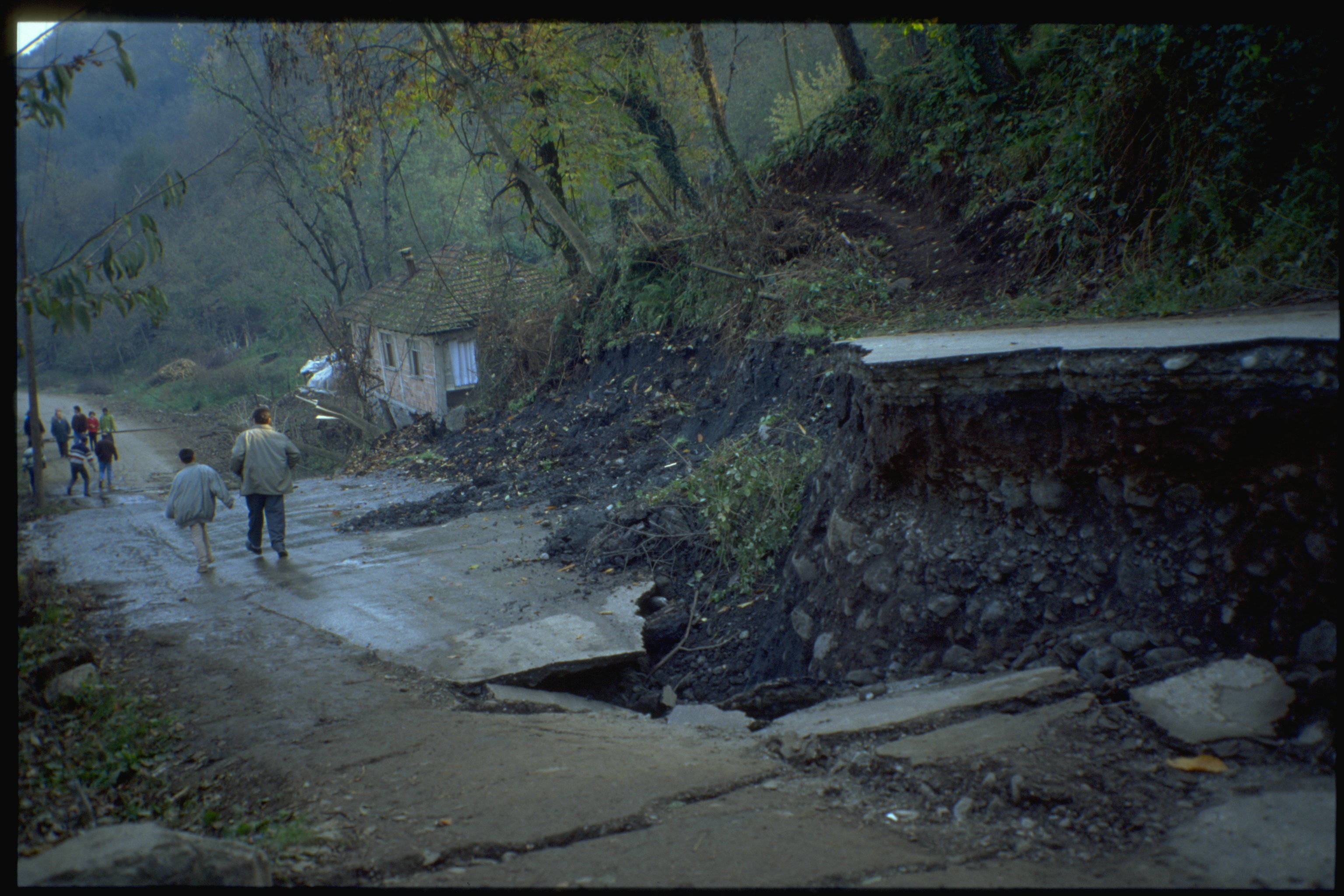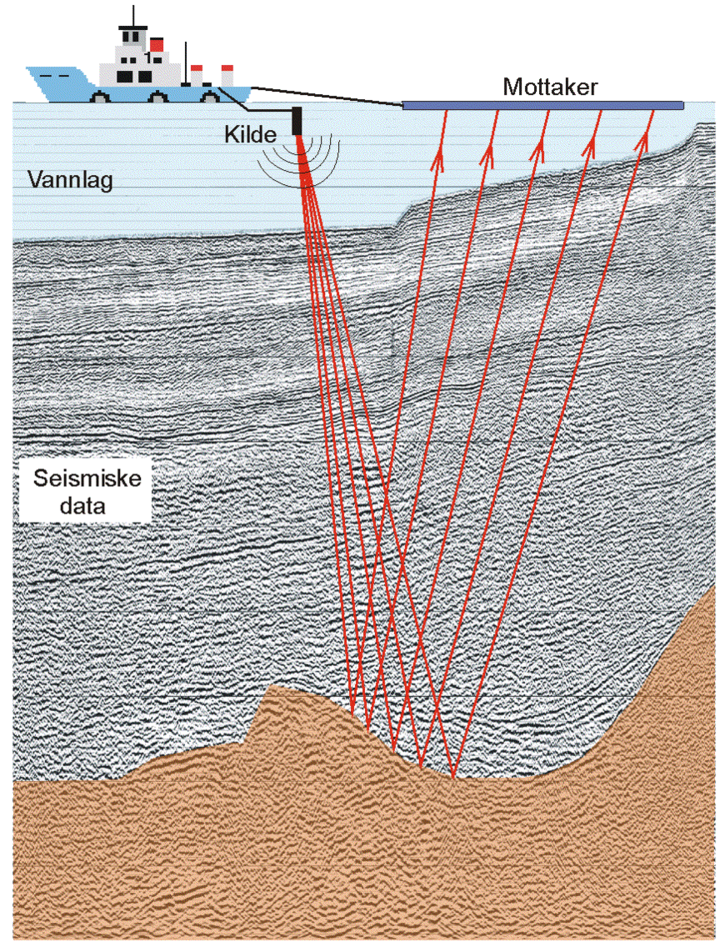All Categories
Featured
Table of Contents
Geophysical Surveys & Mapping - Ecs Limited in Wattle Grove Aus 2022
This work is progressively contracted out, so consultancies provide another source of employment. Consultancy firms vary in size, from really small companies to large multinationals. Some consultancies are quite specialised in using particular geophysical strategies or operating in specific locations, while others use a more diverse variety of services to their customers.
The extraction of gas from land fill sites is another area of employment and this might grow in the future. Expedition business may carry out work for construction companies, public utility, mining companies and ecological companies, so geophysicists might be employed in any of these settings. Other companies include: geological surveysgovernment bodies and agenciesuniversities and research study institutes.


Vacancies may be noted in the oil and gas sector press. Recruitment is affected by oil cost changes and the level of competition for positions varies depending on this. Careers Days, which cover the full variety of geoscience professions and are normally participated in by a variety of crucial industry companies, are run by The Geological Society.
What Does A Geophysicist Do? in Beechina Aus 2023
A few of the large oil and gas companies provide a full two-year structured training program throughout the breadth of geophysics, including the opportunity to experience work in different groups before specialising in one area. Your training may consist of deal with: existing wellsmagnetic and gravitational possible field information analysisresearchrock analysis. It's more usual for your initial training to be provided on the job.

There might be a probationary duration during which you work along with an experienced colleague. Competency-based appraisals occur routinely in many firms. In smaller sized firms, and for academic posts, there is not likely to be any formal training - you'll be anticipated to start work straightaway and get abilities as you go along.
If you work for a smaller sized business, you might find that you need to take responsibility for organizing and moneying your own advancement and training. If you have a geology degree, membership of The Geological Society can be useful for networking and for maintaining to date with the industry.
Geophysical Surveys & Mapping - Ecs Limited in White Gum Valley Aus 2021
You may likewise find it beneficial to join the PESGB (The Petroleum Expedition Society of Great Britain, which has a geophysics unique interest group. After a probationary duration, and once you've acquired some experience, you might progress to senior geophysicist, then group leader and after that into a senior function in management.
The ease of movement in between roles depends upon the company structure. Study at Masters or Ph, D level in a subject associated to geophysics or geosciences may assist with your profession development and progression. The employment market within the oil and gas industry is very depending on cost and this might impact your opportunities for career development.
For knowledgeable geophysicists, freelance consultancy offers a great route for career advancement. As a geophysicist, you're likely to have several jobs throughout your working life.
Geophysicist Job Profile in Walliston Western Australia 2020
From geophysics, it's possible to focus on seismology (completing further training to become a seismic interpreter) or to move into associated locations such as engineering geology or risk forecast.
Choosing what to study in college is a difficult option. Even if you know that your field of interest lies in science, what program of study is right for you?
The first action to accomplishing your goal of becoming a geophysicist is earning a degree. Even for entry-level positions in the field of geoscience, you'll need a bachelor's degree (a geophysicist college degree) from a certified college or university. Geophysicists should be able to: analyze rocks, photographs, and other pieces of data perform research study both in the field and in labs produce maps and charts of their findings compose reports To accomplish all this, students need a specialized education for geophysicist careers.
As specified above, you'll need a bachelor's degree in geoscience or a related discipline, such as a physical science or a natural science, to land an entry-level task. Trainees can also prepare by majoring in subjects like: Biology Chemistry Computer system science Engineering Mathematics Physics The above geophysicist majors offer a more generalized approach to a single scientific discipline, but most programs need trainees to take one or more geology course.
Latest Posts
Geophysical Survey In Archaeology in Neerabup Australia 2022
Geophysicists in Glen Forrest WA 2020
Geophysical Survey in Lockridge Oz 2023